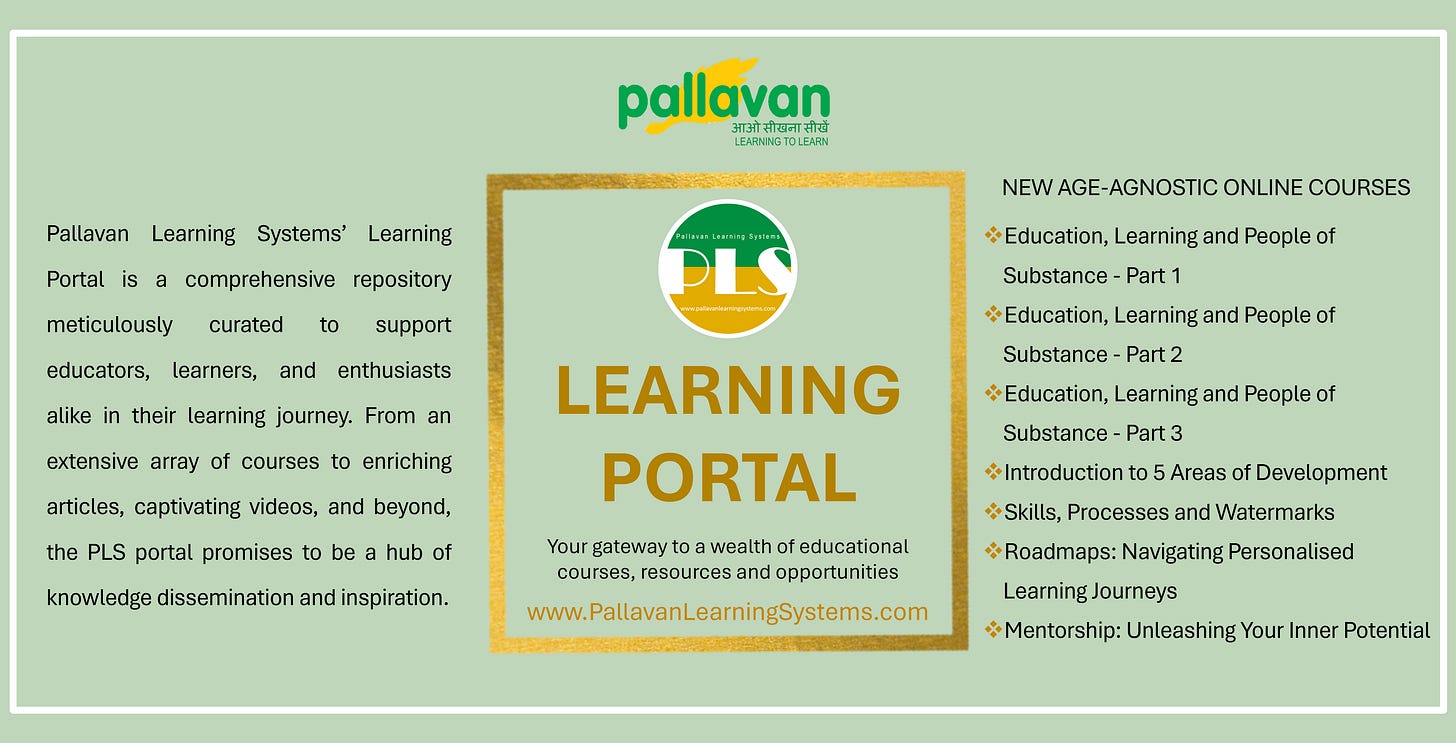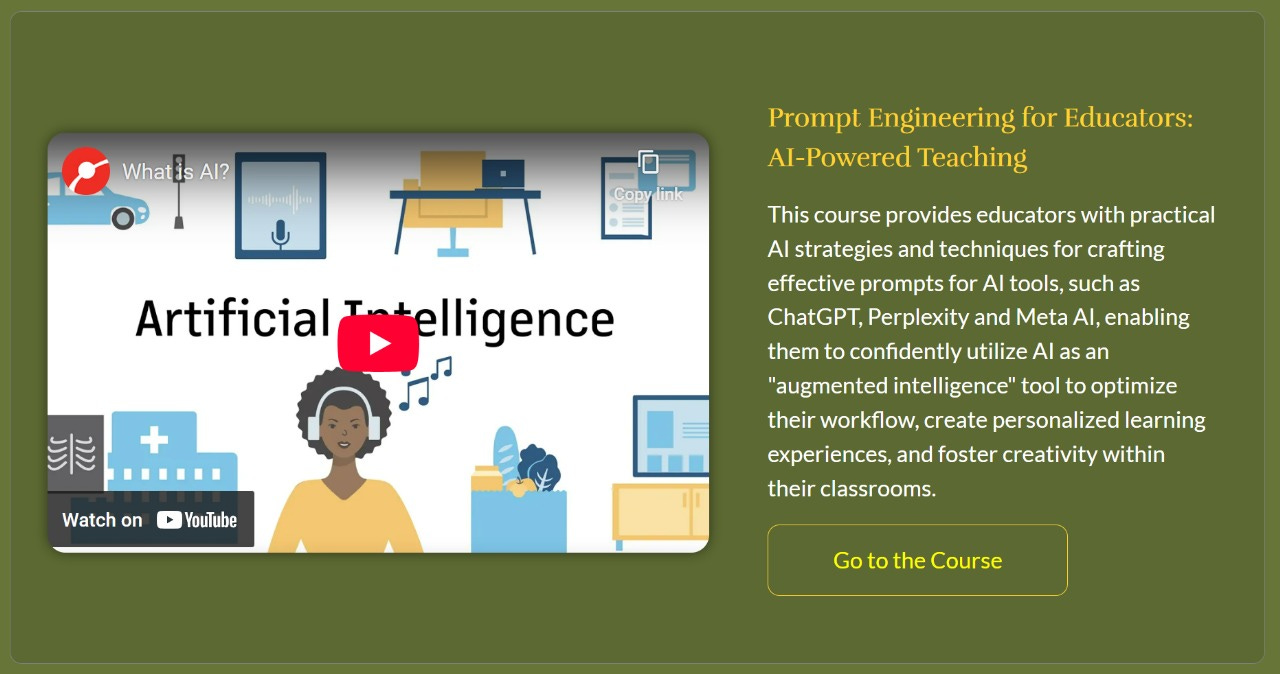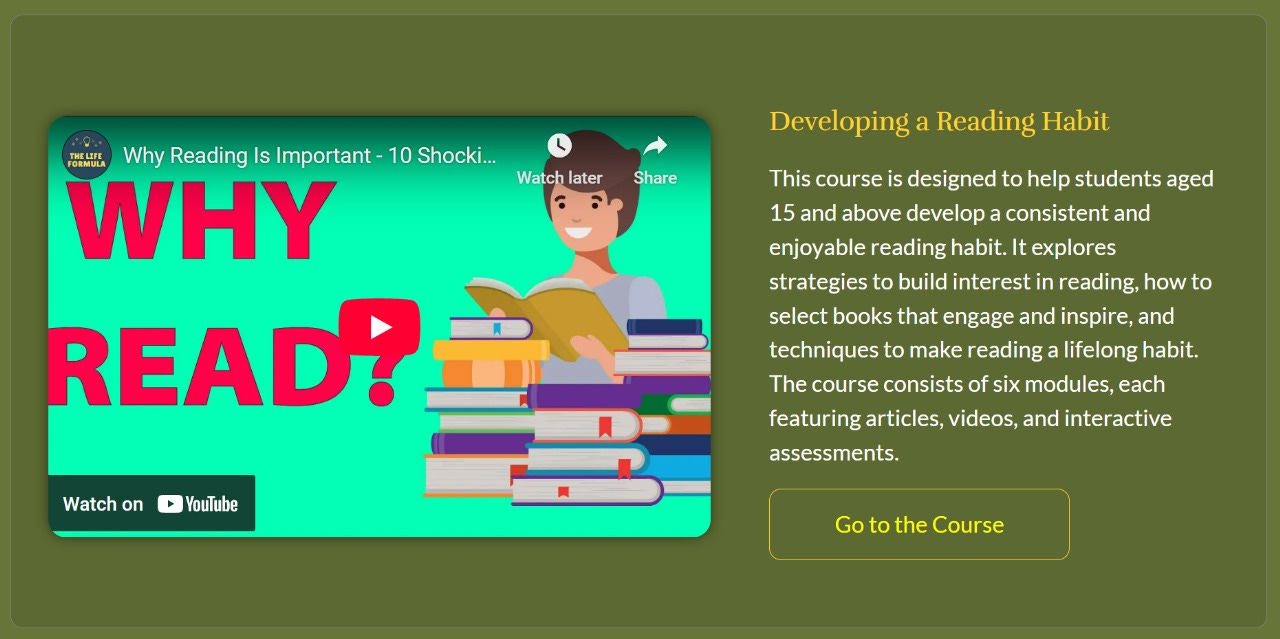We hope this message finds you well. We are reaching out to you since you have been a part of our programmes. It has been a delight to share ideas and insights with you during our events and webinars. If you wish to subscribe to our newsletter and get regular updates, please subscribe to our Substack.
Here is our latest edition for your information.
Editor’s Note:
Dear Reader,
Welcome to this month’s newsletter, where we explore a theme that is both urgent and deeply relevant in today’s fast-evolving world—Adolescence in Flux: Navigating the Uncharted Waters of Youth Mental Health and Well-being. As adolescence continues to become an increasingly complex phase, shaped by rapid technological change, shifting societal expectations, and heightened mental health challenges, it is crucial that we reflect on how we, as a community, can support young people during this pivotal time in their lives.
This edition delves into the growing concerns surrounding the mental health of school children and adolescents, emphasising the importance of understanding and responding to their unique needs. From the pressures of digital engagement to the lack of structured emotional support, adolescence today is markedly different from what it once was, and it requires us to rethink the ways in which we nurture and guide young people.
As we read through the reflections and research presented in this newsletter, we are reminded of the urgency to build environments—both at home and in schools—that foster emotional resilience, encourage open dialogue, and provide safe spaces for exploration and growth. It is only through this collective effort that we can ensure adolescents are not left to navigate these uncharted waters alone.
In addition, we’re excited to announce two new courses available on the Pallavan Learning Systems learning portal: Prompt Engineering for Educators and Developing a Reading Habit. These courses are designed to empower educators with essential skills to adapt to the changing educational landscape and support students in cultivating lifelong learning habits.
We hope this issue inspires thoughtful conversations and actions toward creating a future where young people are better equipped to face the challenges of an ever-changing world.
Adolescence in Flux: Reflections and Responses to Krishna Kumar’s “Uncharted Waters”
by Sunaina Narang
In his contemplative essay “Adolescence Becoming Uncharted Waters Now”, educationist Krishna Kumar reflects on the shifting nature of adolescence, offering a quiet yet urgent meditation on how this life stage—once navigated with community support, cultural rituals, and adult guidance—has become marked by disorientation, emotional volatility, and social detachment.
Kumar’s reflections resonate with many. Educators speak of the increasing challenges of connecting with students whose inner worlds are dominated by screens and silent anxieties. Parents admit to feeling unequipped in the face of rapidly evolving digital cultures. Mental health professionals, meanwhile, see daily confirmation of Kumar’s observations: adolescents struggling with identity, self-worth, and isolation.
Adolescence becoming uncharted waters now
by Krishna Kumar
Courtesy: Hindustan Times
Any parents whose children are at present nine or 10 years of age will shortly find themselves in an unknown territory. This was not so two decades ago.
Research on adolescence had generated, over the previous half-century, a considerable amount of knowledge about this turbulent period of life. Teachers were told about its typical characteristics in different cultures. Some who became school counselors knew what to do when faced with difficult behavior or the emotional turmoil that children experience when adolescence sets in.
The changes their minds and personalities go through were viewed with confident familiarity by staple psychology texts.
This is no longer the case. A new book, The Anxious Generation, argues that children's access to smartphones and their participation in social media has created an altogether new reality. Keep reading
Mental Health Issues Among School Children and Adolescents in India: A Systematic Review
by G Balamurugan, Sanjay Sevak, Kusum Gurung, M Vijayarani
Courtesy: Cureus
Childhood and adolescence are critical developmental stages for mental health, and the environment in which they grow has an impact on their well-being and growth. This study aims to assess mental health issues among school children and adolescents in India. A systematic search was conducted on the literature published between January 2013 and August 2023 in PubMed, Scopus, Cochrane Library, and Eric database. Thirty-one studies with a sample size of 30,970 were included in the final quantitative synthesis, of which 14,381 were male. The overall mean age of the school children and adolescents was 14.58 years, with a standard deviation of 1.35. A diverse range of mental health concerns have been documented in school children and adolescents, exhibiting differing degrees of severity and frequency. The analysis showed that depression was the most prevalent mental health issue among children, followed by social, behavioral, and emotional problems, anxiety, psychological distress, internet technology addiction, stress, social phobia, sexual and emotional abuse, violence, and attention deficit hyperactive disorder. The study concludes that school mental health research in India is critical for personalizing interventions to the specific requirements of the diverse student population, decreasing stigma, and enhancing overall student well-being within the cultural and educational context of the country. Keep reading
Upcoming Events
Webinar: Adolescence & Technology: Growing Up in the Digital Age
Exploring how technology, digital culture, and shifting developmental milestones are reshaping adolescence—and what this means for learning, parenting, and education.
This upcoming webinar will open up a space to reflect on the impact of technology on adolescence—and how we, as adults in their ecosystem, can respond with empathy, insight, and action. Click here, and visit this link for more information.
South Asia Science Education Programme 2025
Druk Gyalpo’s Institute, in collaboration with the Conseil Européen pour la Recherche Nucléaire (CERN) and Life Lab Foundation, is hosting the South Asia Science Education Programme 2025 from 1–5 July at Pangbisa, Paro, Bhutan. Click here for details and registration.
PLS Learning Portal
Your gateway to a wealth of educational courses, resources and opportunities
For more information about each courses, click here
Sign Up or Login to avail these online courses from May 3, 2024.
Past Events
Webinar: Reading in the Digital Age: Nurturing Readers in a Tech-Driven World. Click here to read the report. Watch the webinar.
Webinar: Enabling Environment: Integrating Technology, Inclusion, and Community. Click here to read the report and watch the recorded video.
Philosopher’s Retreat 2024: Navigating Human Connection and Development in the Age of Technology. To read the full report Click here.
New Courses
There are two engaging courses now available on the Pallavan Learning Systems learning portal, designed to support learners in developing essential skills for both personal and academic growth.
Prompt Engineering for Educators: AI-Powered Teaching equips educators with practical strategies to effectively use artificial intelligence (AI) tools—such as ChatGPT, Perplexity, and Meta AI—by mastering the skill of prompt engineering. Participants will learn how to craft precise and purposeful prompts to enhance their teaching practices, streamline lesson planning, create personalised learning experiences, and foster creativity in the classroom.
While the course highlights a few AI tools as examples, the skills gained are transferable across a wide range of AI platforms. Educators will explore AI as a tool for augmented intelligence, helping them become more efficient and imaginative in their professional practice.
Developing a Reading Habit supports students aged 15 and above in cultivating a consistent and enjoyable reading habit. Through six interactive modules, it introduces techniques to select engaging books, overcome common reading challenges, and build a daily reading routine. Students explore a range of reading materials and strategies to strengthen comprehension and retention, ultimately fostering a lifelong love of reading.
Services
NIIT
On May 1st and 2nd, 2025, Mr. Arun Kapur conducted in-person sessions with the second-year students of NIIT, as part of their course titled "Serene Strength and the Person of Substance."
The session on May 1st centered around the impact of technology—both present and emerging forms such as Artificial Intelligence (AI)—on individual growth and societal evolution. Mr. Kapur invited the students to reflect critically on the digital world they inhabit and to explore how values can be used as a compass to navigate the complexities of rapid technological advancement. Students were encouraged to envision a future where technology is used not just efficiently but ethically and purposefully, aligned with human progress and well-being.
On May 2nd, the focus shifted to the cultivation of an aesthetic mindset—an inner orientation that helps individuals perceive and create beauty, harmony, and meaning in everyday life. Through dialogue and reflective activities, students were guided to understand how aesthetic awareness is not limited to the arts, but is a way of thinking and being that influences how we act, relate to others, and engage with the world. This session emphasised the integration of aesthetic sensibility into one's thoughts, speech, and actions—helping students lead more intentional, fulfilling lives.
Pallavan School, Jhalawar
As part of the ongoing collaboration, the PLS team conducted an in-person visit to Jhalawar on the 9th and 10th of May. A comprehensive programme schedule and roadmap were prepared and shared with the school ahead of time to ensure smooth execution. Over the two days, a total of 17 sessions were delivered, with certain sessions taking place concurrently to accommodate the diverse training needs.
Pallavanjali
PLS conducted an in-person session at Pallavanjali on 26 April 2025, which was a three-hour engagement that continued from the introductory session held on 5 March. The session focused on three core areas: Skills, Processes, and Watermarks; Action Research; and the use of the PLS Portal. Educators were encouraged to deepen their understanding of key concepts and explore practical approaches to enhance teaching and learning outcomes. Participants also had the opportunity to engage directly with the PLS Portal, gaining hands-on experience with its features and resources.
OP Jindal Schools
In April, our collaboration with OPJS Schools continued with a focus on supporting their ongoing development initiatives. Each school engaged in activities to assess their progress and identify areas for growth. Professional development remained a key component, with schools delivering various training sessions to their staff. These sessions aimed to enhance teaching practices and contribute to the overall improvement of the educational experience. Schools also planned for future activities and considered opportunities for continued learning during the upcoming break. The month saw active participation and progress towards achieving the established goals of the collaboration.
Thanks for reading PLS Newsletter! Subscribe for free to receive new posts and support our work.








